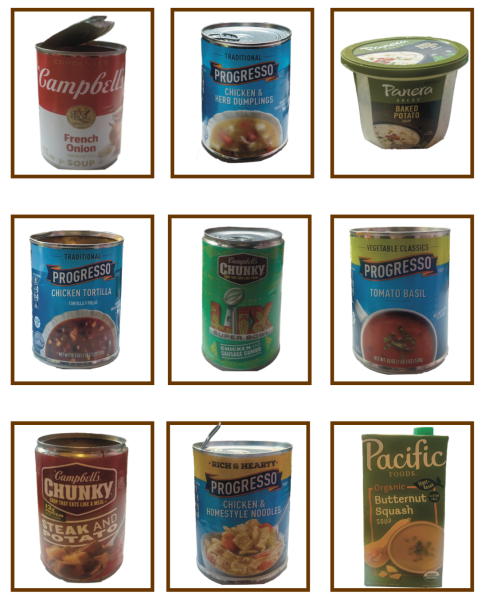OPINION: It’s not just food: the unknown core of immigrant identity
Columnist Jeremiah Taylor mixing masa, a dough made of corn.
Acting like it doesn’t hurt is the key.
When you pour the scalding water into the cornmeal and lard to make masa, you must stir it by hand with the stone-faced nonchalance of a seasoned card shark.
If lita (Grandma) sees you wince, she’ll think less of you.
Or, so I think whenever I am making tamales by hand surrounded by bustling tias and meddlesome cousins.
My lita is dead now, but the flavors of her land keep me close to her.
As a fourth-generation Mexican-American, I am alienated from my ethnicity by seemingly insurmountable quantities of time and space. The religion, language, and customs of my ancestors have largely been eroded by the Anglo-American culture I am immersed in.
The one tie to my history that I still possess is food. The food itself has become so much more than just something my family enjoyed together. It became a symbol of my ethnicity, which largely evades me.
I am not alone in this. Food has always been closely linked to immigrant identity for many people.
In the words of NYU Food Studies Chair Krishendu Ray, “Food is almost the last of the cultural domain that [second- or third-generation immigrants] retain a vivid memory of.”
In fact, for descendants of immigrants like myself, food can become intensely personal — even political. When almost the entirety of our identity revolves around our native cuisine, the all-too-common derision, condescension, or even disgust that newcomers exhibit towards it can be devastating.
As Lavanya Ramanathan wrote for the Washington Post, “Immigrants’ identities are deeply tied to the foods we bring with us. When we hear our cuisine described as exotic, hodgepodge, greasy or cheap, you might as well be remarking disdainfully about our clothes or skin color.”
As hurtful as the derision of my culture’s food is, it happens all too frequently — often in the guise of casual, off-the-cuff remarks.
Too many times, I’ve wanted to share a sacred dish with someone who reacts only with confusion, distaste, or irreverent humor. What these squirmy commentators fail to realize is that cuisine is a priceless remnant of a culture largely abandoned in the name of assimilation. Over the generations, native languages disappear, family members back home lose touch, beliefs and practices are forgotten. But food remains.
In a food-obsessed melting pot like America, immigrants often support themselves by purveying their cuisine, complicating the dynamics.
However, reactions to immigrant cuisines vary and can change over time.
For instance, Italian food was generally rebuffed during the early stages of Italian immigration, when Southern Italians were widely discriminated against.
However, as noted by Layla Eplett in the Scientific American, “With the upward mobility of Italian Americans came an appreciation of their cuisine . . . and the accompanying willingness to pay for all its internal distinctions.”
It could be argued that the value placed on a community’s food is the value placed on their contribution to American society.
What does this precedent say about Mexican people in an America where, according to a numerical analysis of New York City restaurant guidebooks, restaurant-goers expect to spend less on Mexican food than they did in 1986?
I wish everyone saw the beauty in Mexican food that I do. That beauty is integral to the beauty of Mexican people themselves. We can all be more careful when interacting with another culture’s cuisine — remember that odd-looking dish may be the only facet left of a diminished identity.
My culture remains elusive, but somewhere in the soft swirl of masa, between the cornmeal and the lard, submerged beneath scalding water, is the core of who I am.
When you insult that, I can’t act like it doesn’t hurt.

Jeromiah Taylor is the former Opinion Editor for The Sunflower. He has served in this position since the Spring 2020 semester. Jeromiah has an overarching...









